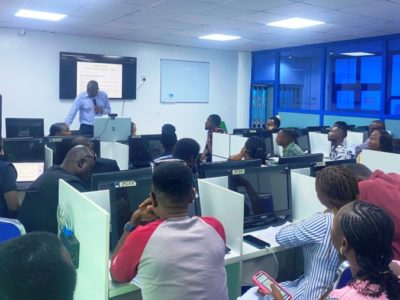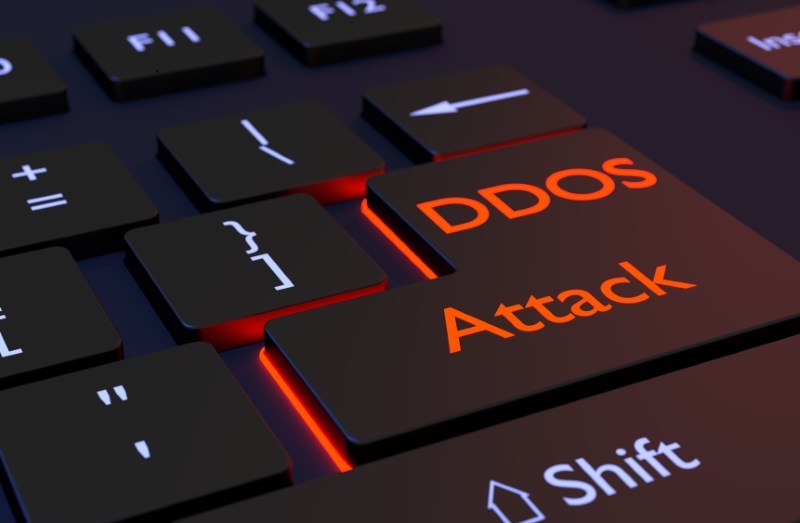The Nigerian 2023 elections will be marred by a deluge of cyber threats notably attacks against voting infrastructures, spread of misinformation and disinformation as well as hate speech, a new report by the Cyber Security Experts of Nigeria (CSEAN) has noted.
The Independent National Electoral Commission (INEC) digital infrastructures including its servers will come under series of attacks requiring the commission to be ‘super-alert’ to cyber security breaches, the body of experts stated.
RELATED: INEC allays fears over possible hacking of 2023 polls
“We forecast that INEC cyberinfrastructure will be targeted in the lead-up, during, and after the elections. Attacks will include cyber-based threats, such as the defacement of the INEC website and hacking of the Bimodal Voter Accreditation System (BVAS), as well as physical-based attacks, including arson and vandalism. “If the frequency of attacks and arson on INEC facilities from 2021⁵is anything to go by, we are in for more of such as we approach the general elections. INEC must be prepared for these types of attacks and to have measures in place to protect its cyberinfrastructure to ensure the integrity of the electoral process,” the CSEAN warned in its National Cyber Threat Forecast 2023.
The CSEAN is a non-profit, advocacy group championing the cause and awareness of information security best practices in Nigeria.
Equally worrisome is that social media will serve to be a platform for misinformation in a way that could impact negatively on the outcome of the elections.
The report noted: “It is expected that there will be a significant amount of misinformation and disinformation circulated through social media platforms in the run-up to, during, and after the 2023 general elections.
“We are very likely to experience the weaponizaon of manipulated information to influence people’s perceptions and behaviours in relation to the elections. This can seriously affect the integrity of the electoral process and undermine public trust in democratic institutions.
“Disinformation, specifically related to the elections, is likely to increase, with political parties potentially hiring foreign actors to create and disseminate false or misleading information.”
Authored by Oluwafemi Osho, John Odumesi, Hamzat Lateef, and Hassanat Abdulraheem, the report offered extensive insights on a broad spectrum of cyber threats including regular and emerging threats; government infrastructure as a target (GIaaT); cryptocurrency-based threats; phishing and social engineering; ponzi schemes, rug pull, pump and dump; and attacks on financial institutions.
“To mitigate these threats, individuals, organizations, and relevant government bodies must adopt appropriate cybersecurity measures and strategies. Furthermore, all stakeholders must work together to ensure a concerted effort to protect the cyber sovereignty of the country. Cybersecurity is a collective responsibility,” report concluded.




























